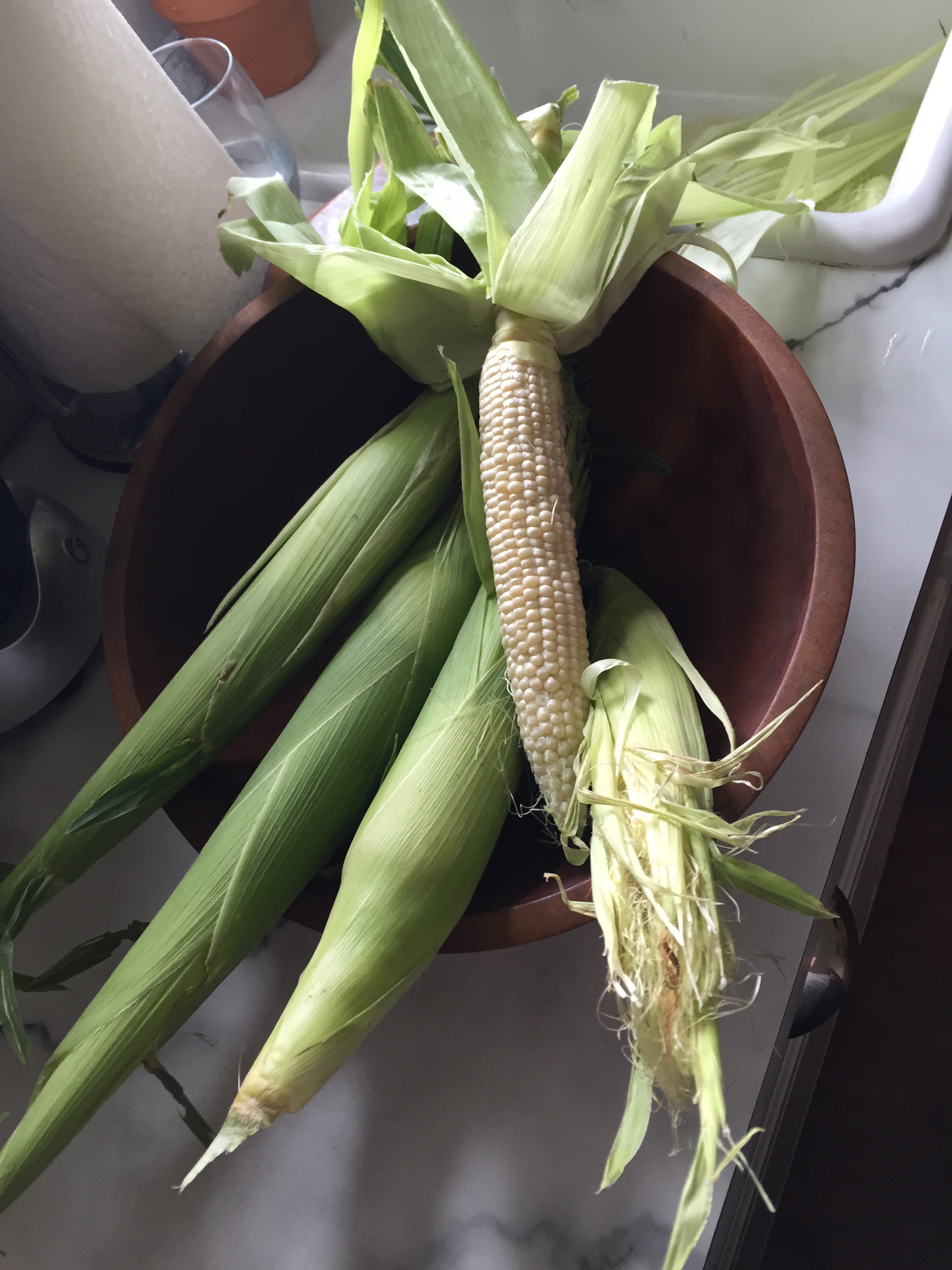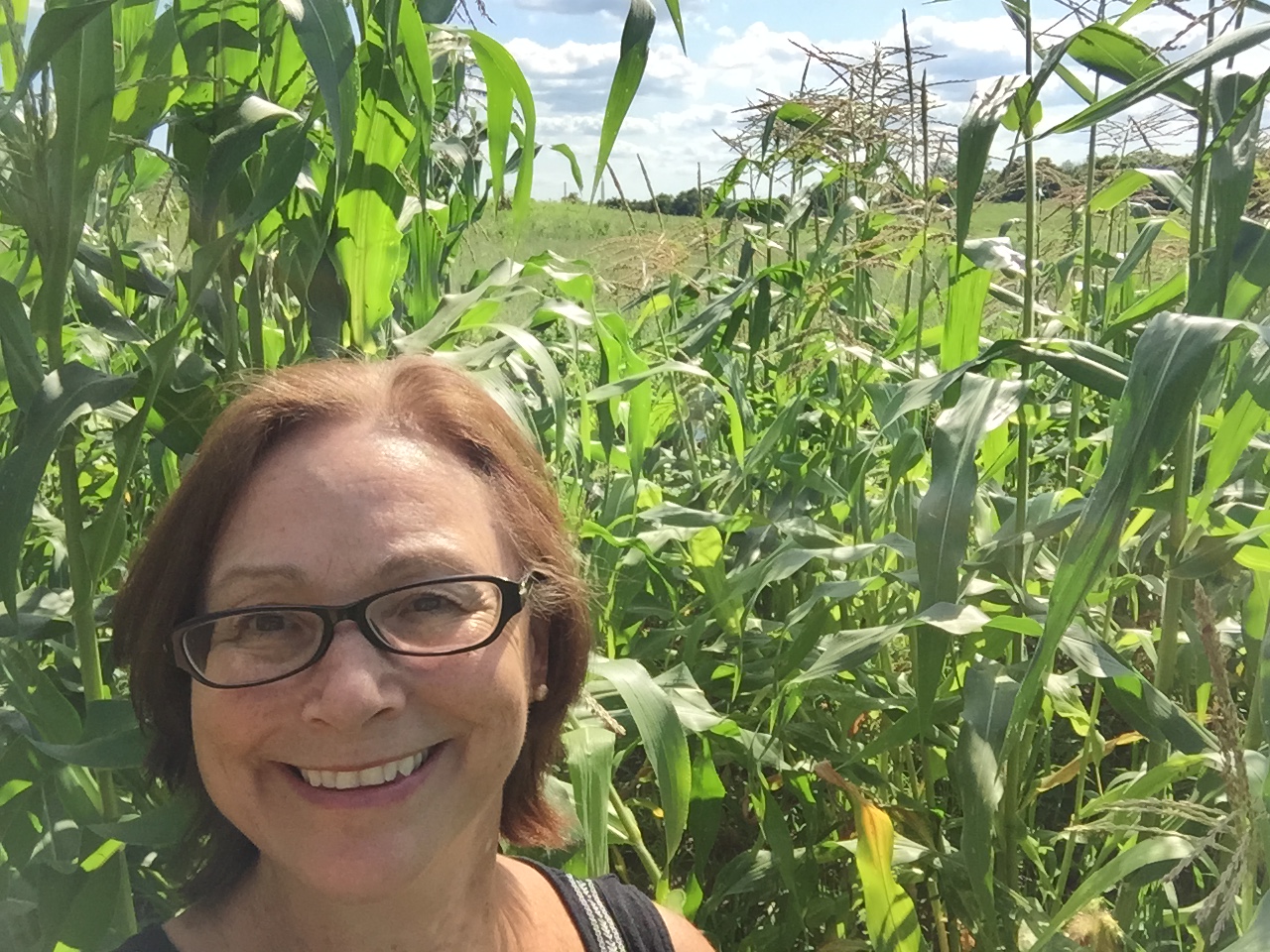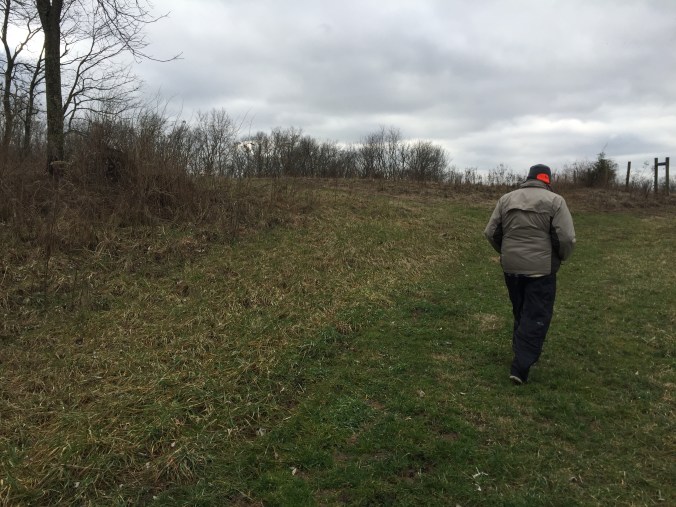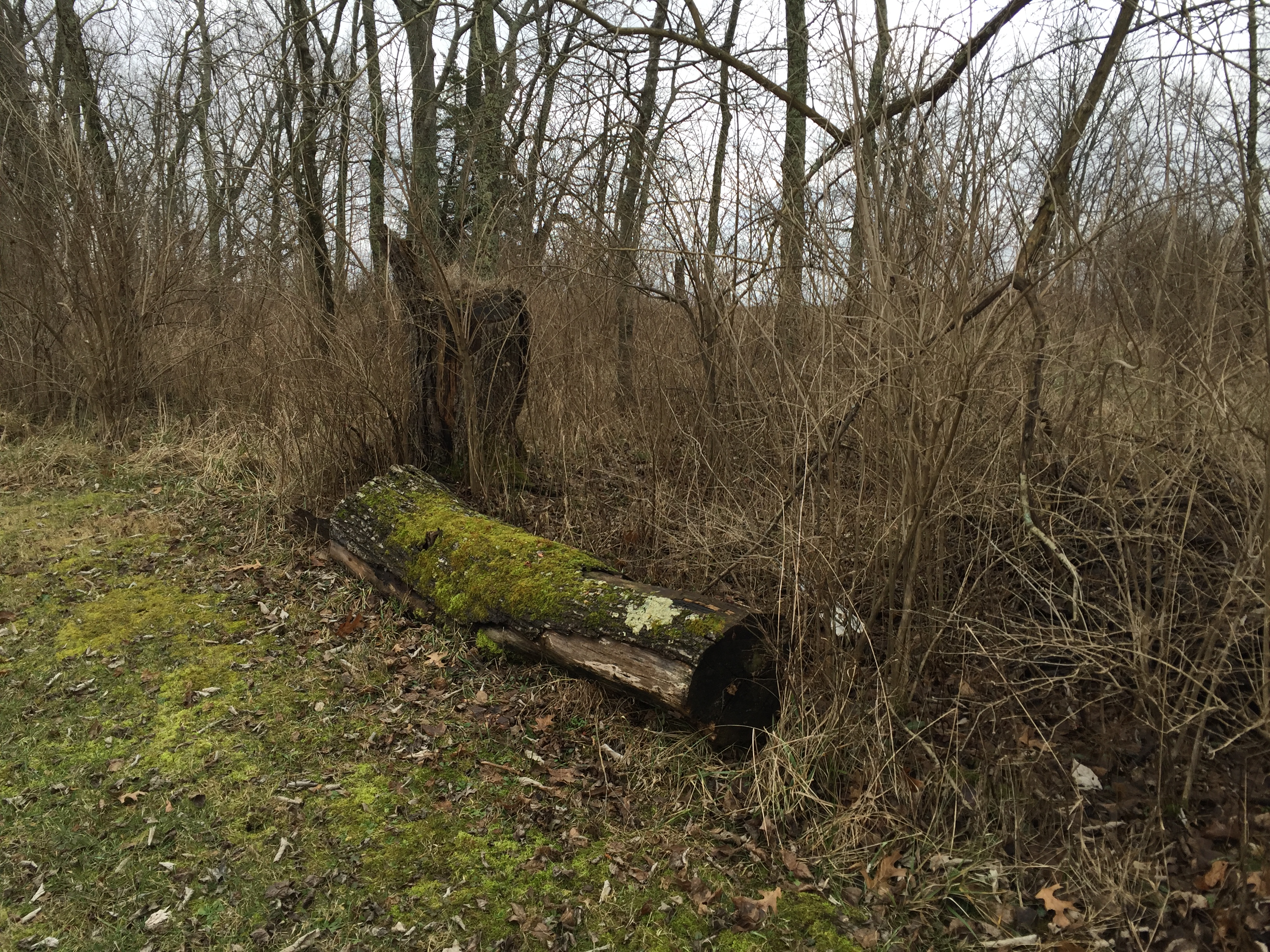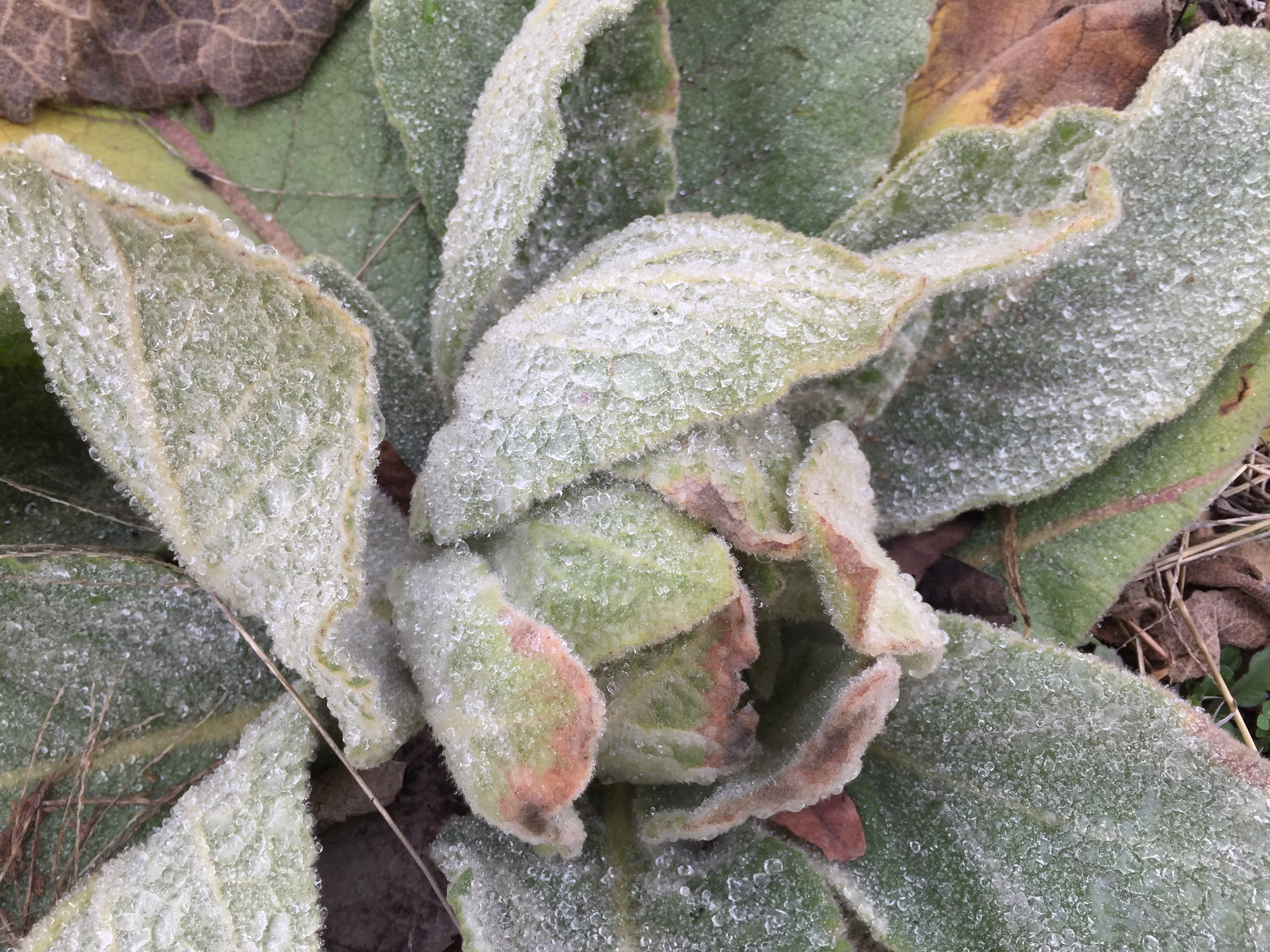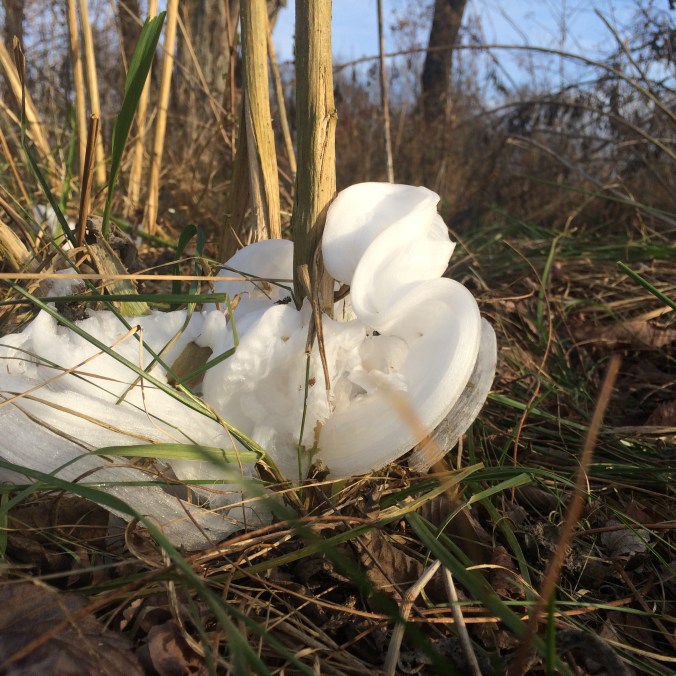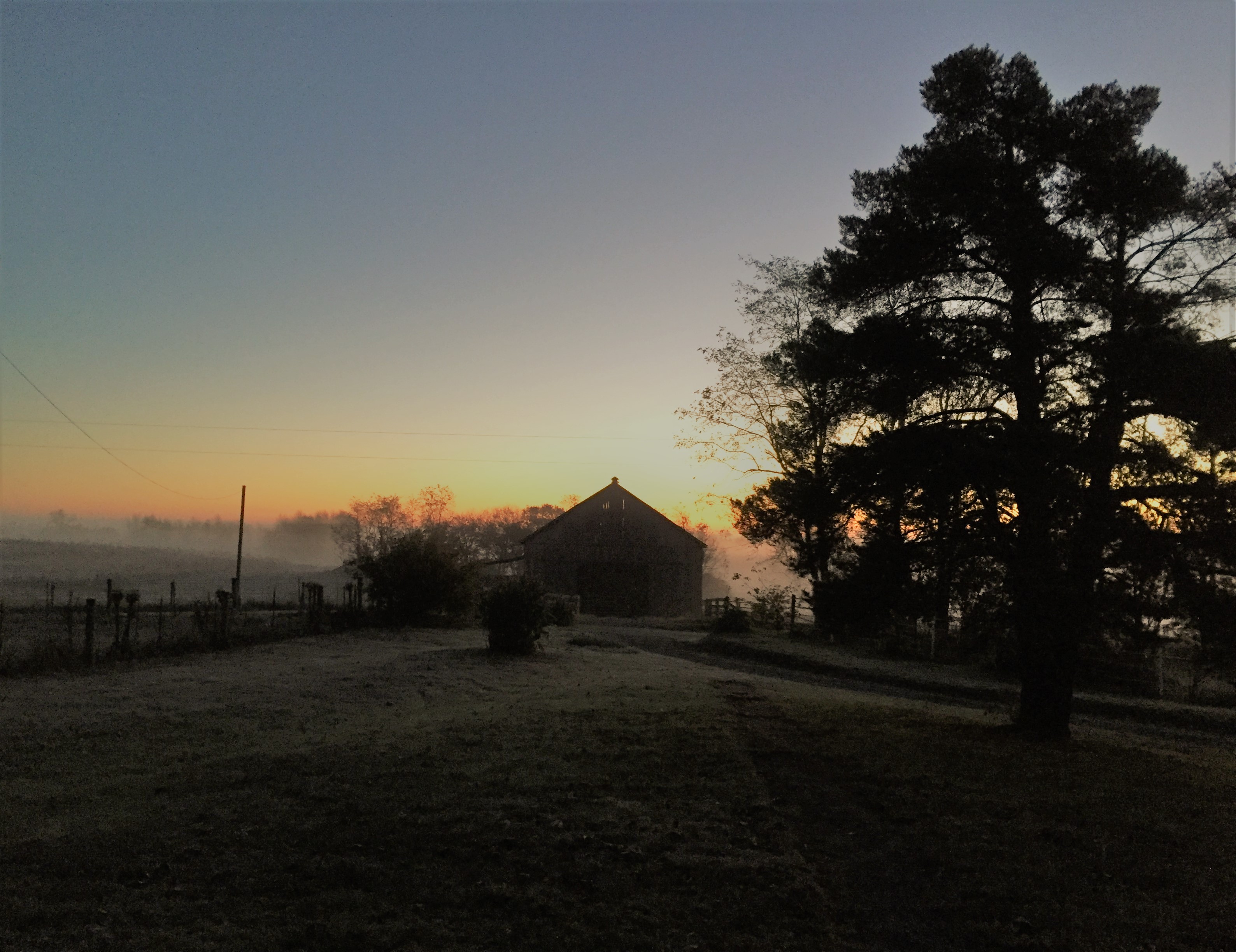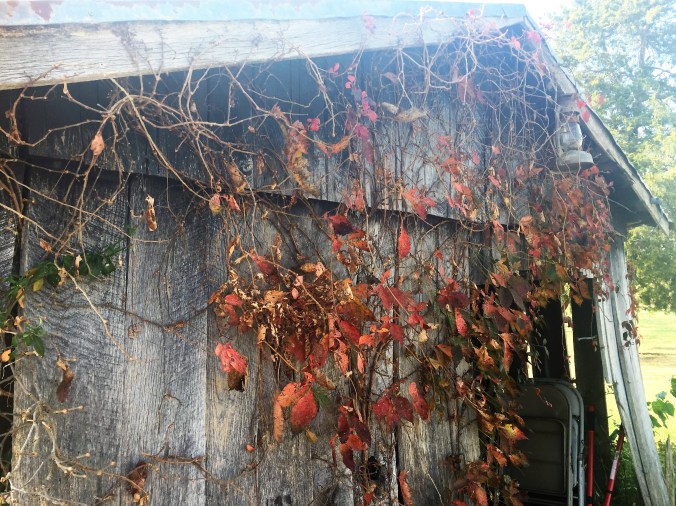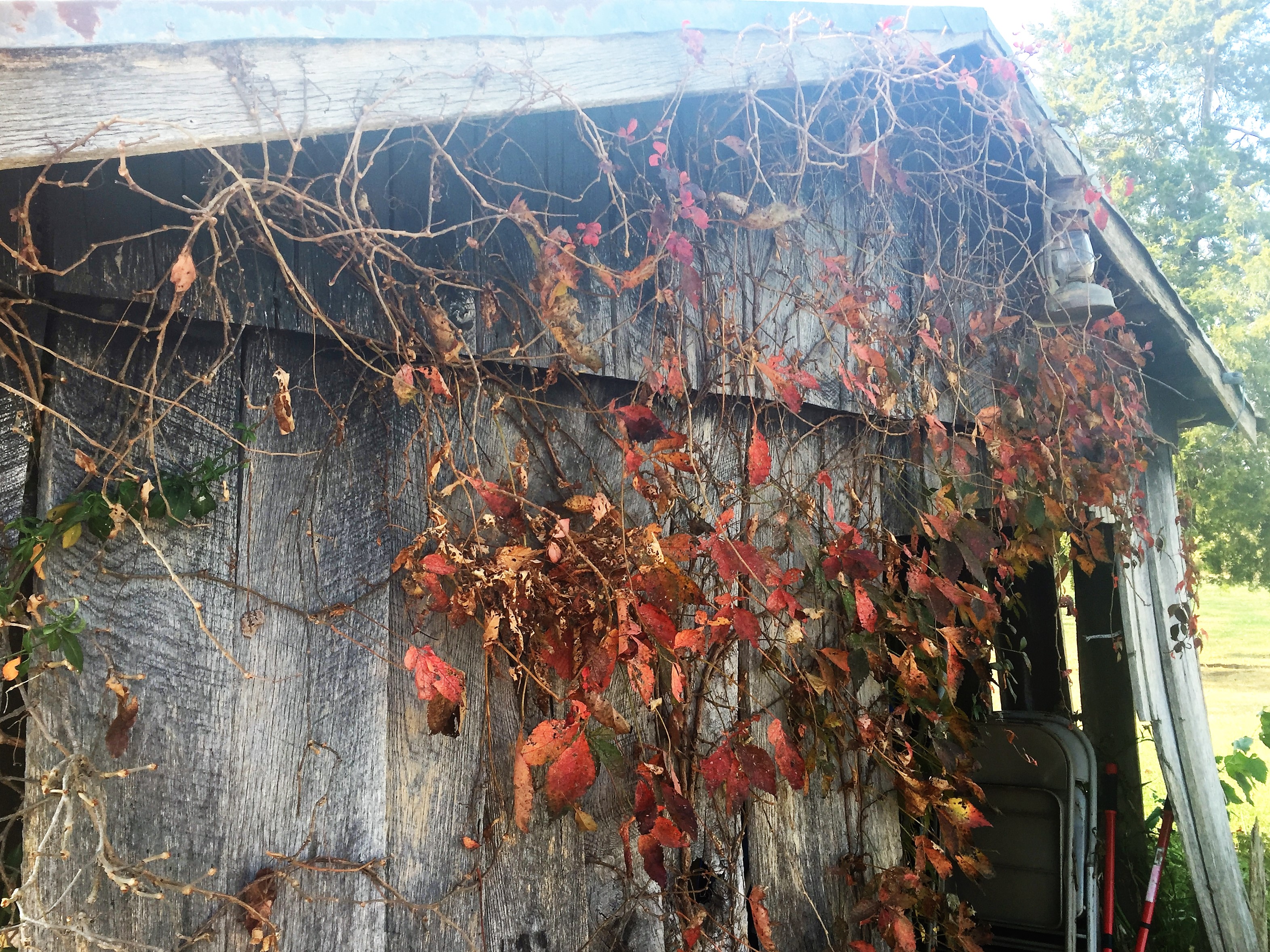Yesterday a friend sent me an article about writing. He asked me what I thought of it, and here is my writing in response.

I write…
To pray.
To make concrete and visible my thoughts and prayers, which otherwise can seem nebulous and floaty.
To be able to re-collect, re-member.
To organize my life—to do, to list activities, to not forget the details.
To dream and goal.
To communicate with myself or others.
As a ministry—card, text, letter, blog—encouragement, love, concern, admonish, teach.
To express love and concern or disagreement towards resolution with my husband or friends; to prepare for conversation or record a conversation or to think on paper after a conversation.
To record events or dreams or ideas for later reading, remembering or informing family or friends or self.
To be fruitful and multiply; to participate in creation.
Because I like the feel of ink seeping into paper.
Because I like to type.
To leave something behind after I die.
To offer my barbaric yawp to the universe.
To help me figure out riddles—especially through journaling and poetry.
When I write, I make solid the parade of thoughts that are going through my head. But one positive side effect is that the parade slows from fast-paced to pleasurably slower, almost how a stimulant slows an ADHD scattered-ness to a more focused and intelligible state of being.
As a shield and sword for a soldier, so is a pen and words for a writer. The right words, aptly arranged, can turn sun and rain into a rainbow. To be a writer has the potential to be a dealer in life, fire, light, living water, truth, hope, dance, belonging, community, communion, faith, peace, joy, love, and God.
So many writers say they write because they must. To me it is as ordinary as speaking is for a human being. I personally enjoy it more than speaking. I am more true and clear when I write than when I speak.
Wendell Berry’s essay, “Standing by Words,”articulates great respect for words. He states, “We assume, in short, that language is communal, and that its purpose is to tell the truth.” He shows how using words, as in writing, is not a solitary undertaking. I believe in this way writing is God-like—like the perichoretic dance of the Trinity. (Perichoresis being-“a doctrine of the reciprocal inherence of the human and divine natures of Christ in each other.” Merriam-Webster). Writing is a communication with God, myself, the body of Christ, and “the world” simultaneously, when I invite others to read. God and I are always there sharing the words.
Writing is a safe sanctuary for me.
I honor words too much to think of writing as merely desiring to “create meaning in symbolic form.” (Lawrence R. Samuel, “The Psychology of Writing”) Words are powerful—living—more powerful than a symbol in my opinion, when they go from brain to pen to paper to eye to a second brain. Why is Jesus introduced as the Word? How is the Word of God alive? “For the word of God is quick, and powerful, and sharper than any twoedged sword, piercing even to the dividing asunder of soul and spirit, and of the joints and marrow, and is a discerner of the thoughts and intents of the heart.” (Heb. 4:12)
We can be God’s image bearers when we use words to write—especially when they intertwine as warp and weft with sanctified mature thinking and with God’s own words.
Psalm 19 captures this as well. David knew: “7The law of the LORD is perfect, converting the soul: the testimony of the LORD is sure, making wise the simple.
8The statutes of the LORD are right, rejoicing the heart: the commandment of the LORD is pure, enlightening the eyes.
9The fear of the LORD is clean, enduring for ever: the judgments of the LORD are true and righteous altogether.
10More to be desired are they than gold, yea, than much fine gold: sweeter also than honey and the honeycomb.
11Moreover by them is thy servant warned: and in keeping of them there is great reward.”
God wrote the law on stone. God asked his servants to pass on His commands and history/His-Story, through writing. Our lives are forever changed to the core because of writing—because of words.
Words can also be horrifically used, since their power is great, to harm, hurt, deceive, distort. Words were used to change God & humankind’s path, as the serpent & Adam & Eve know. So using words in and of itself is not noble or sanctified; but it is powerful—it is like fire—to be used for warmth and light or for destruction and deceit.
It is a privilege to write, and to share life through writing and reading with others.
Writing can be a place where it is necessary to remove one’s sandals.

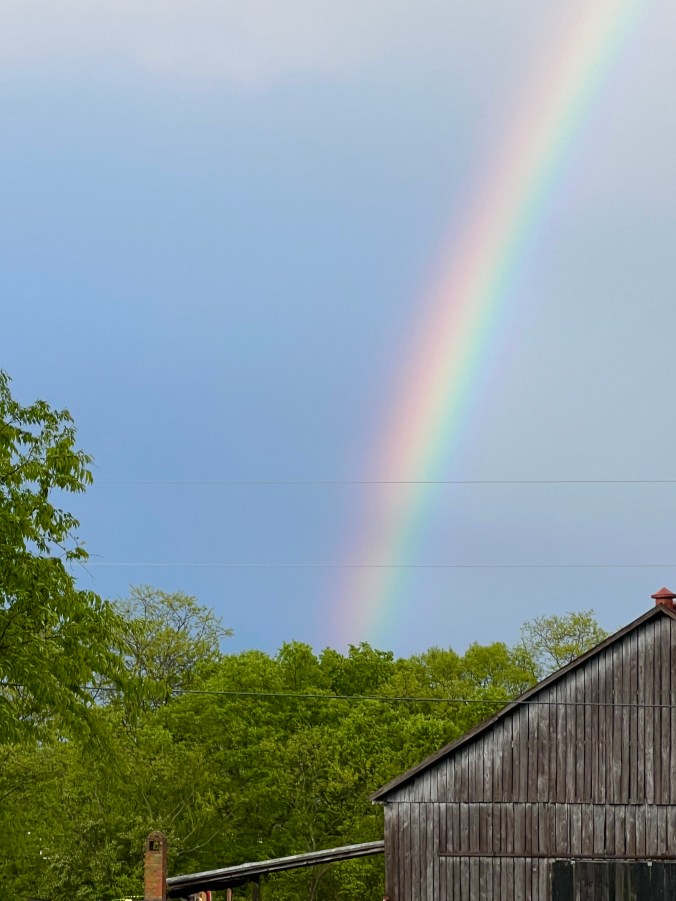
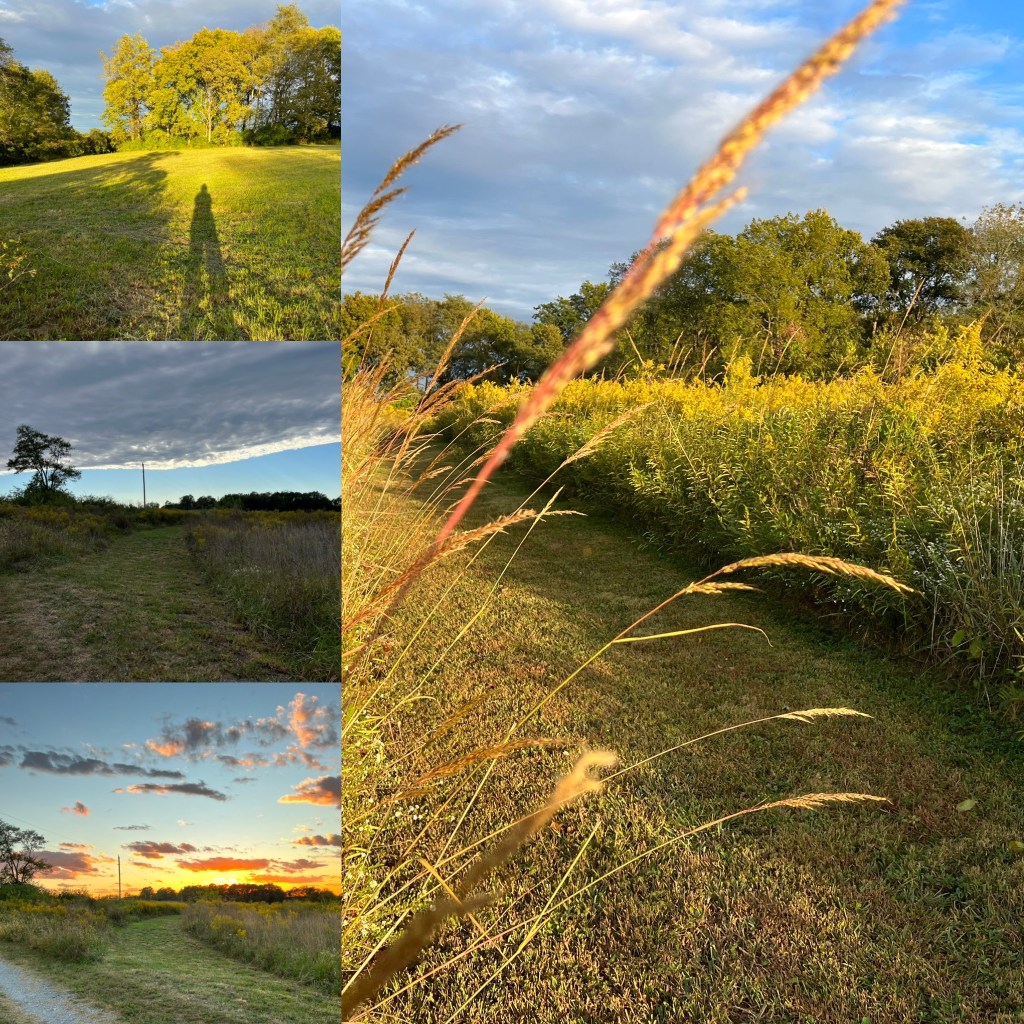


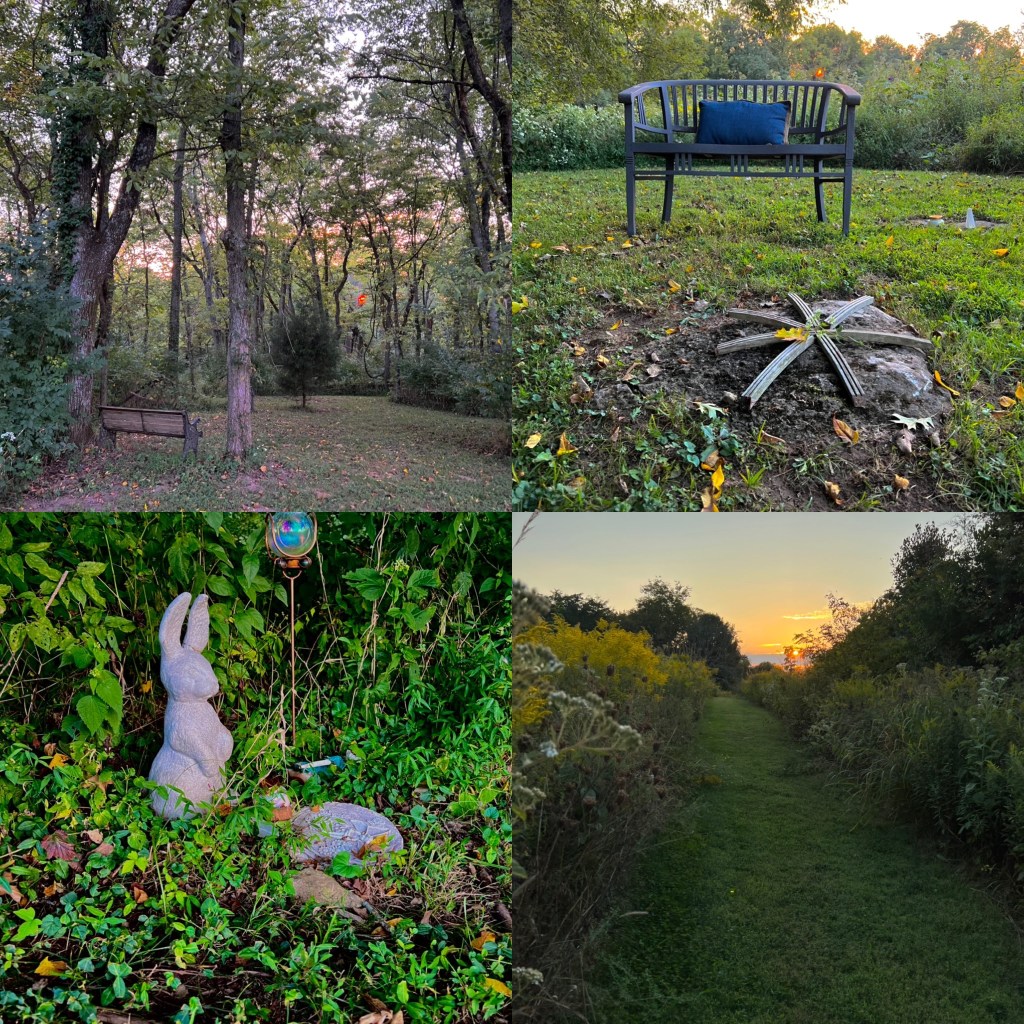
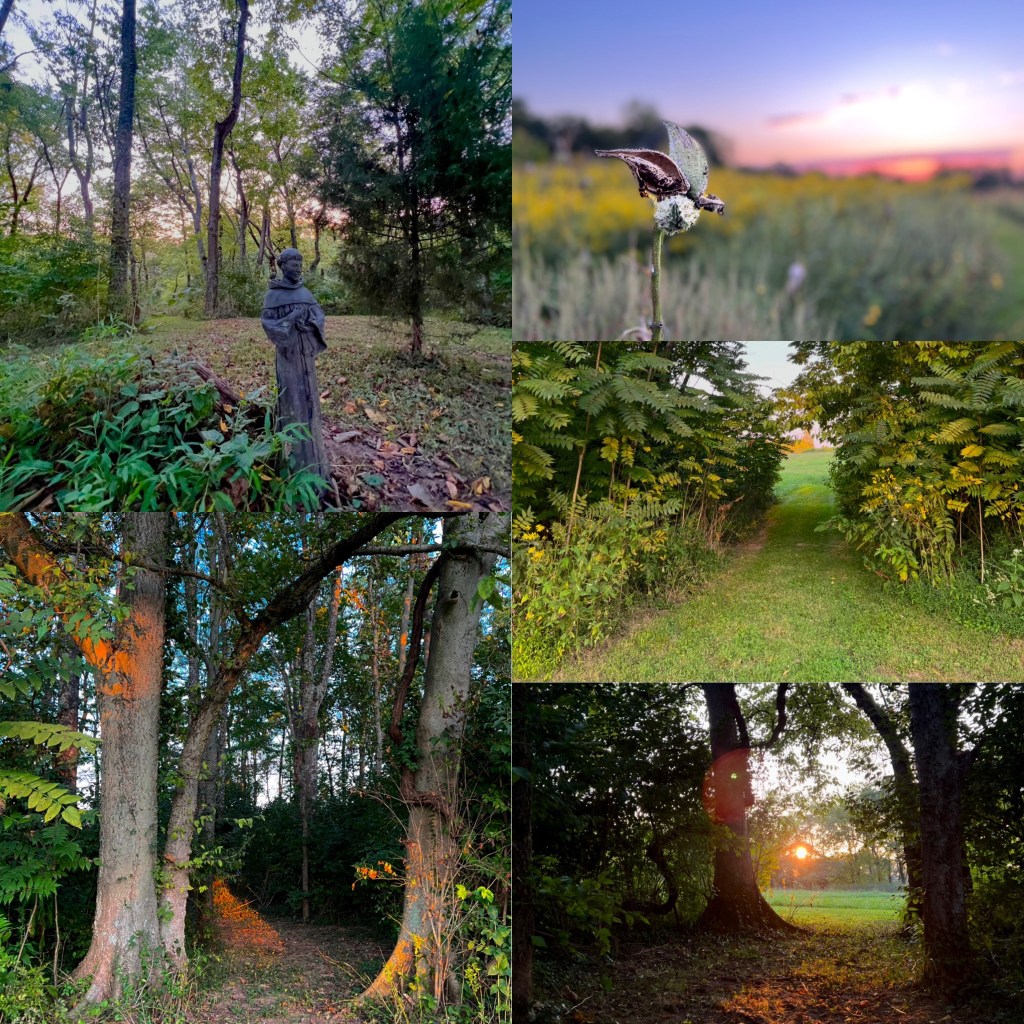
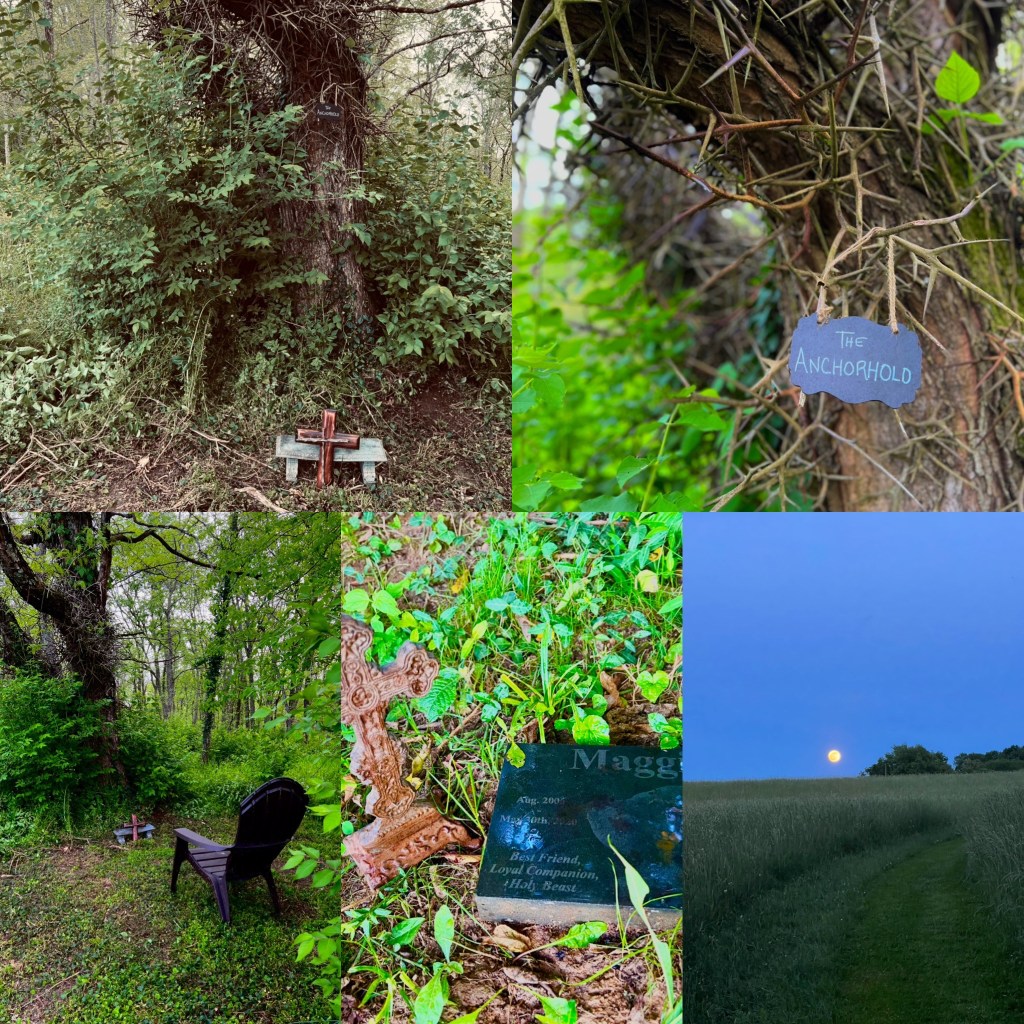

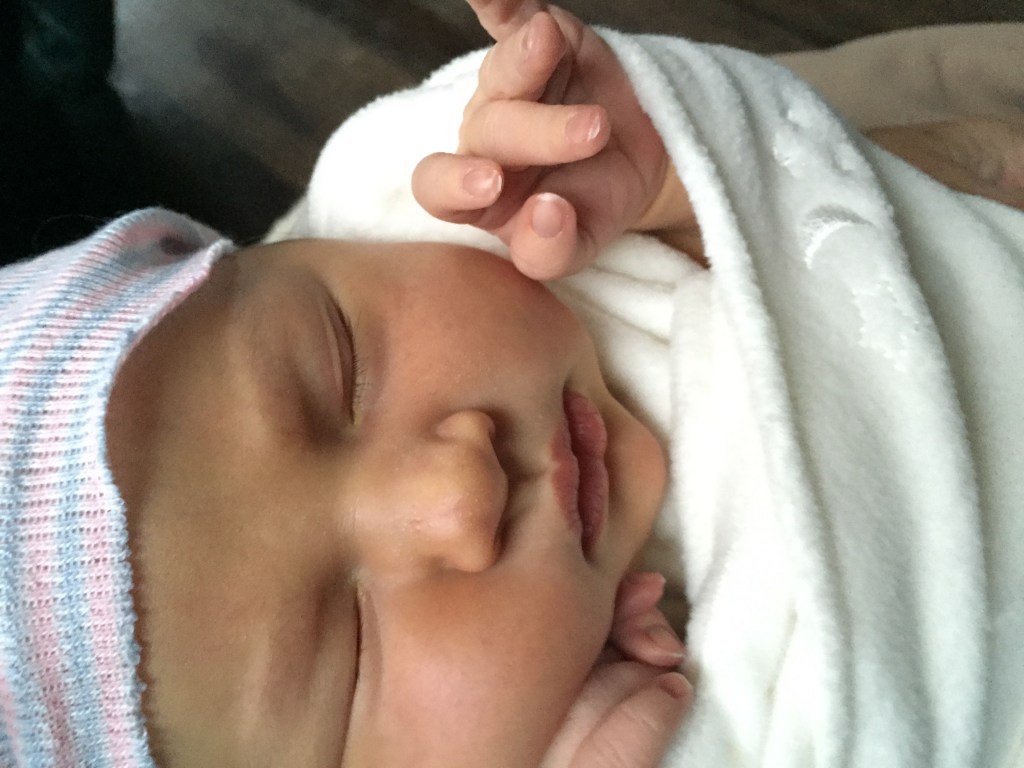
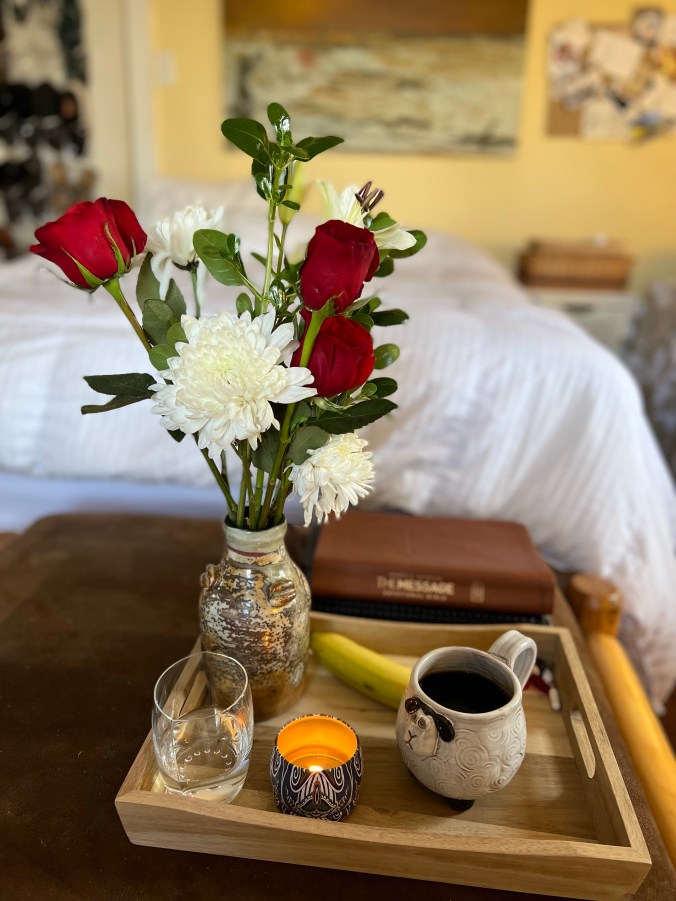





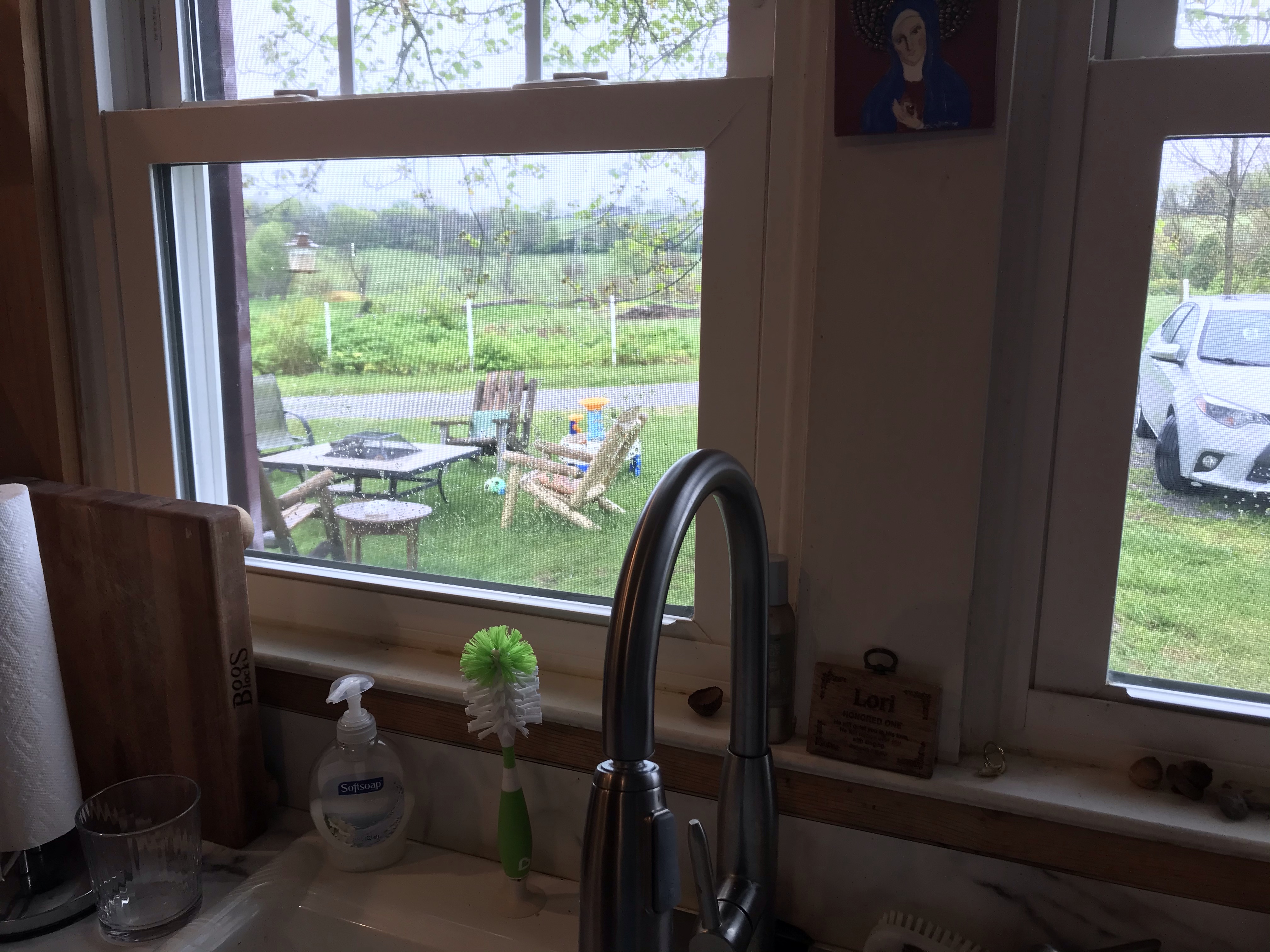

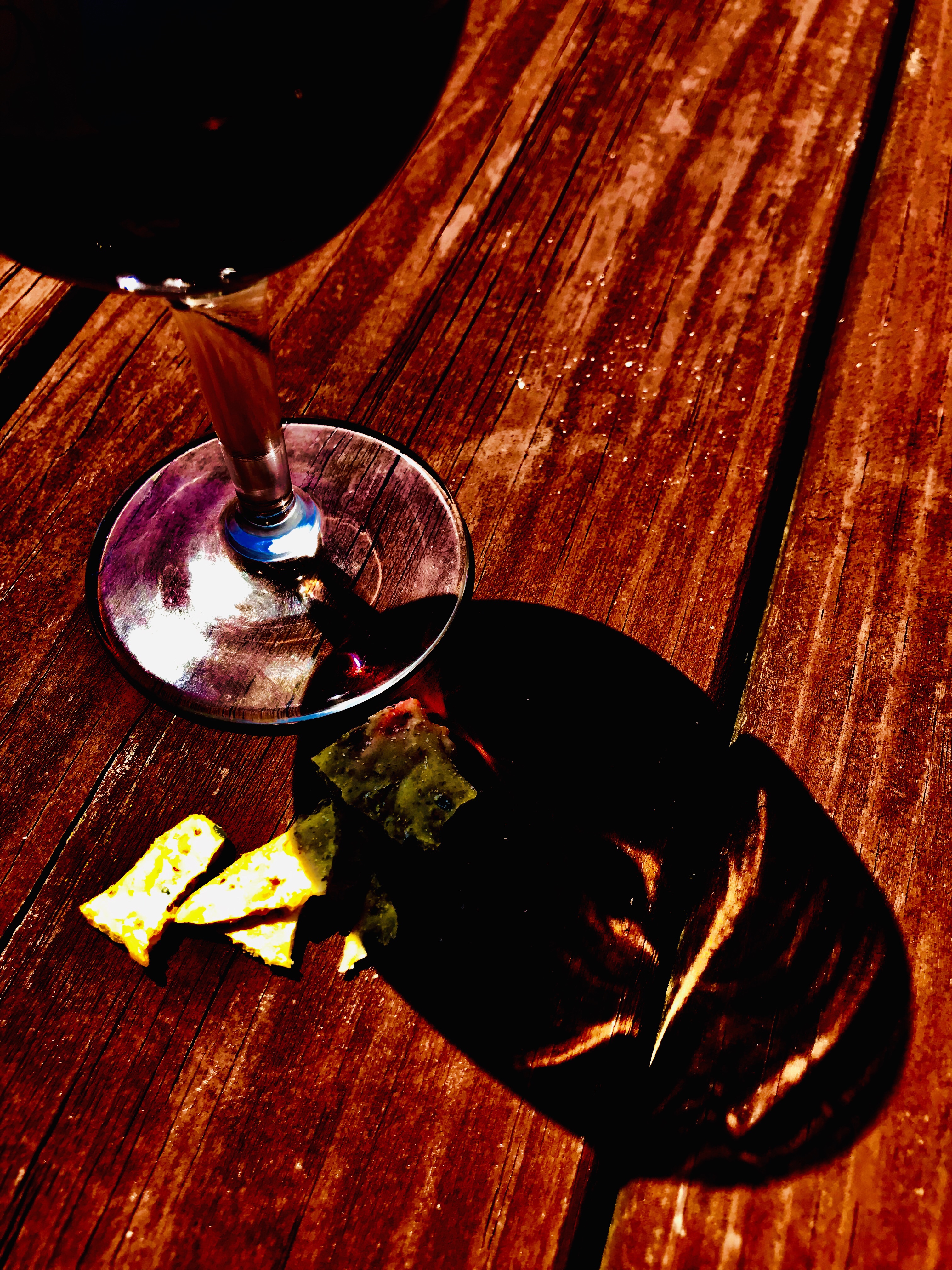

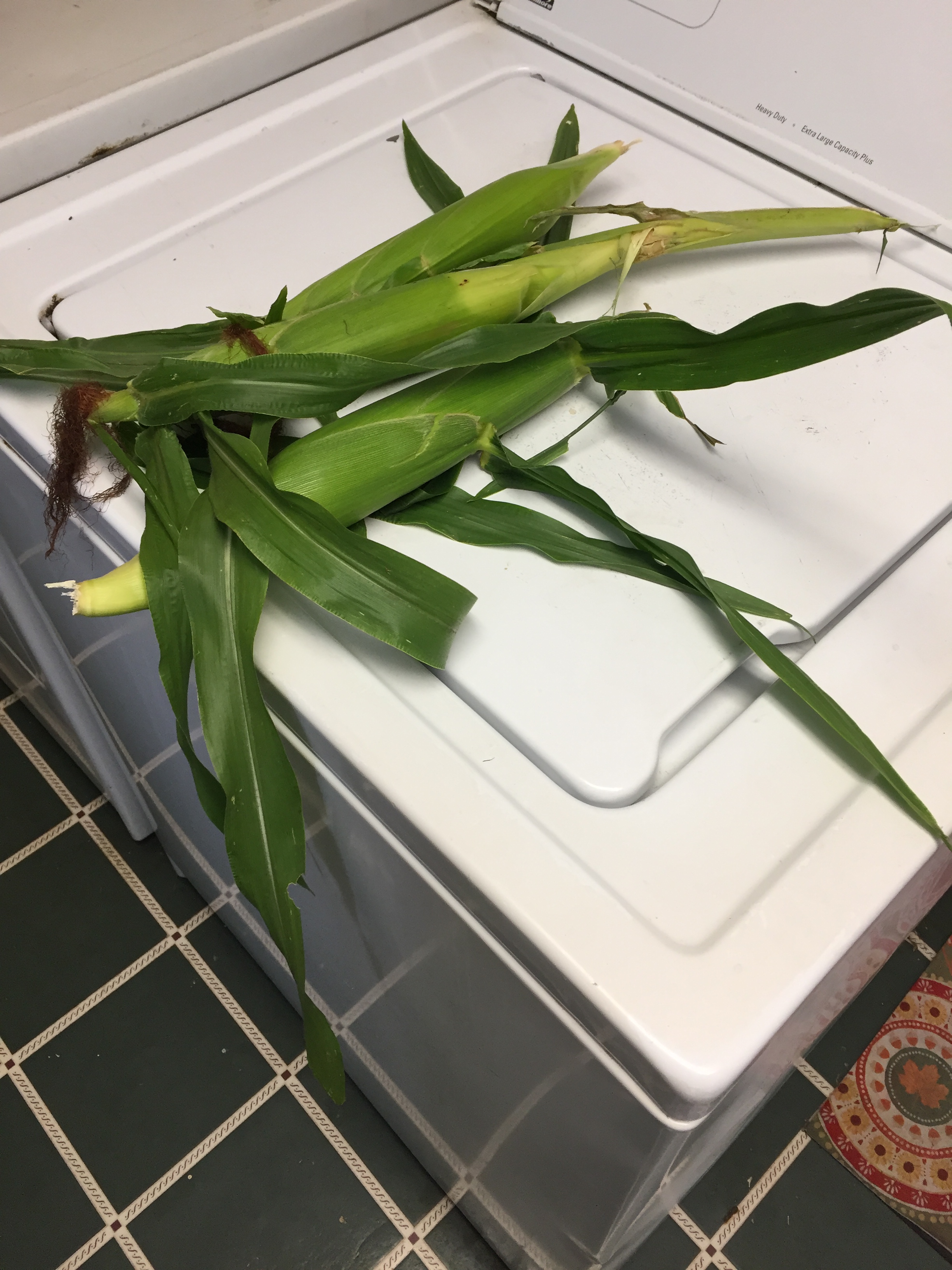
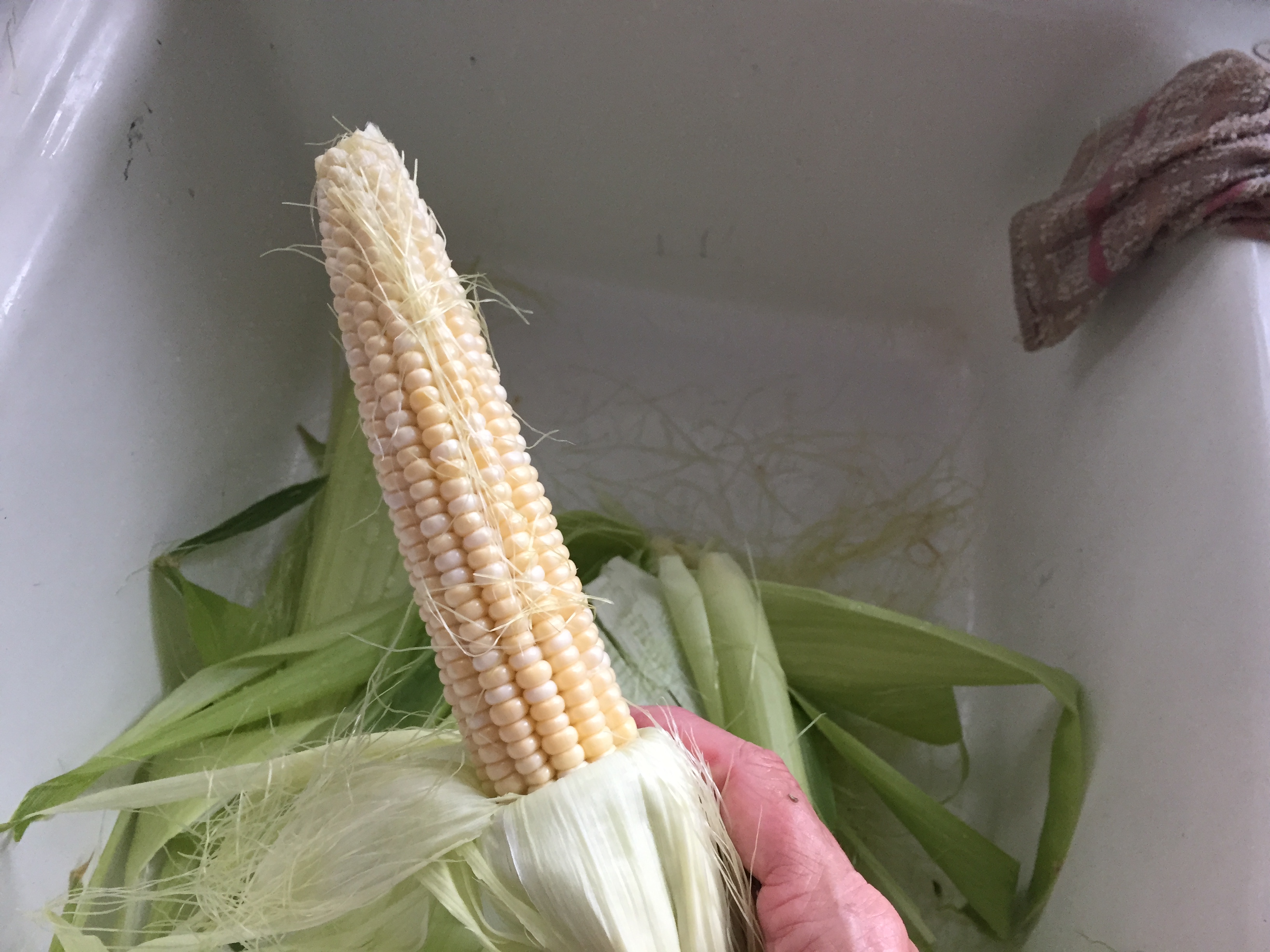 .
.